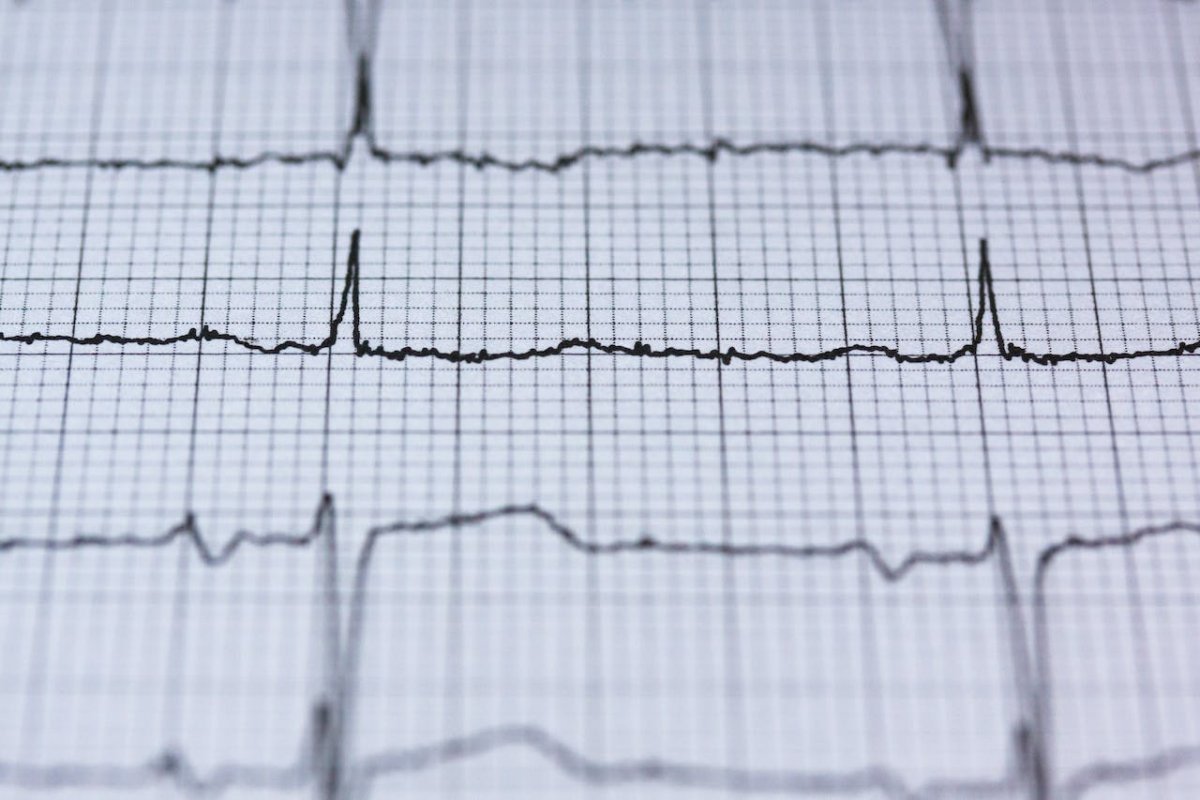
According to Natalya Kobelevskaya, associate professor of the Department of Therapy at the Faculty of Medicine, an increased pulse may indicate the development of various diseases. For example, for problems with the thyroid gland.
Tachycardia is a condition in which the heart beats faster than usual. Normally this shouldn't happen. Normal resting heart rate is from 60 to 80 beats per minute.
– First of all, such a pulse can indicate diseases of the thyroid gland – thyrotoxicosis. Thyroid hormones act directly on the heart, increasing the frequency of its contractions, hence the high pulse, the doctor noted.
Tachycardia may also indicate heart disease – an irregular heart rhythm (arrhythmia). Sometimes tachycardia can occur while taking a number of drugs.
The higher the pulse rate, the higher the risk of hypertension, and there is also a risk of coronary heart disease, the expert emphasized.
More about tachycardia. Symptoms:
Cardiopalmus. The feeling that the heart is beating stronger and faster than usual. The pulse can be more than 100 beats per minute.
Pulsating sensation. Feeling of heart pulsating or beating in the chest or neck.
Dizziness or fainting. A fast heartbeat may cause you to feel dizzy or even lose consciousness.
Feeling of your heart beating in your chest. Feeling that the heart is beating faster and unusually strong.
Feeling of pressure in the chest. Feeling of pressure, squeezing or discomfort in the chest.
Feeling of rapid breathing. A feeling that breathing has become faster or more shallow.
Feeling of general weakness or fatigue.
The thyrotoxicosis that Kobelevskaya mentioned is a condition caused by excess secretion of thyroid hormones. Symptoms:
Feeling that the heart is beating faster and stronger than usual. Pulse may be more than 100 beats per minute.
Increased sweating, often with a feeling of heat.
Feelings of anxiety, irritability, nervousness and inability to relax.
Feeling constantly tired and weak, even with little physical activity.
Despite a normal or increased appetite, involuntary weight loss may occur.
Sleep problems, such as insomnia or light sleep.
Tremors in the arms or other parts of the body.
Feeling hot or unable to tolerate heat.
Swelling.
Read also: Oncologist surgeon Karasev called lack of strength a possible sign of cancer
You can also read: Gastroenterologist Vyalov warned about the special danger of beer for the stomach
Read further: Doctors called a constantly bloated stomach the main sign of the “silent” type of cancer
Important! Information is provided for reference purposes. Ask a specialist about contraindications and side effects and under no circumstances self-medicate. At the first signs of illness, consult a doctor.
